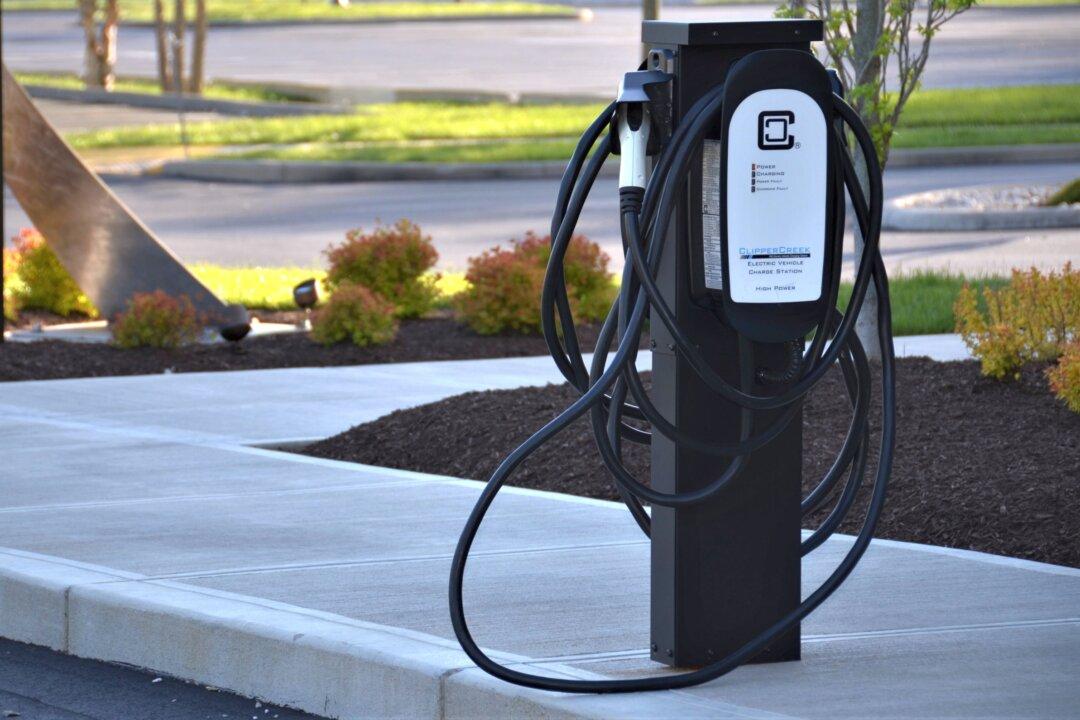Commentary
The long-ago-discredited “mixed economy” practice of “industrial policy” is when the state, in its infallible wisdom, decides which capitalist ventures are going to be successful and pours prodigious amounts of the taxpayers’ hard-earned cash into them, the most infamous example being Japan’s Ministry of International Trade and Industry (MITI).The late economist Charles Schultze, who held top jobs in the Kennedy, Johnson, and Carter administrations, understood the foolishness of industrial policy and illustrated the absurdity of a government bureaucracy picking private-sector winners and losers in a Brookings Institution paper. Mr. Schultze pointed out how MITI “tried very hard—and, as is evident, to no avail—to keep Honda out of the automobile business.” (It was thought back in the 1960s that consolidating Japanese auto production into several giant companies was wise.)





